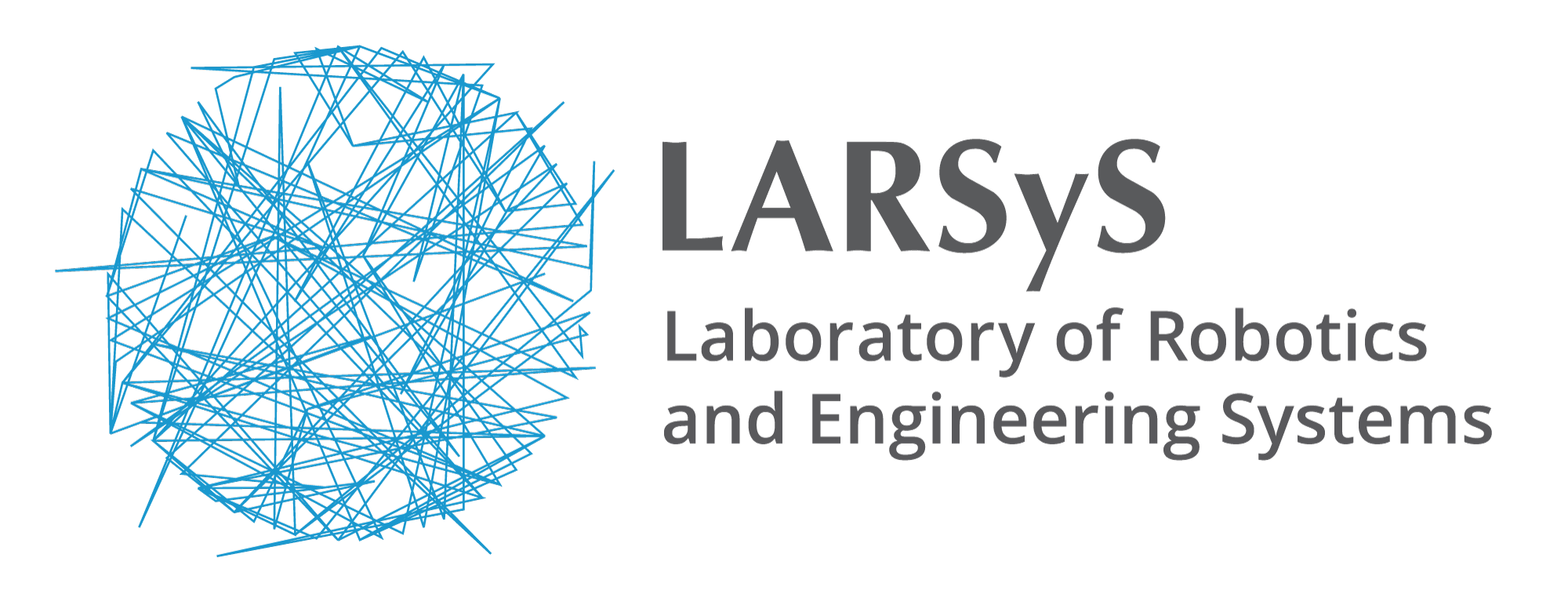The Evolutionary Systems and Biomedical Engineering Lab (LaSEEB) conducts interdisciplinary research in Biomedical Engineering and Bioinspired Systems, across areas such as Electrical Engineering, Physics, Neuroscience, Psychology and Biology, focusing on biosignals and biomedical imaging, particularly in neuroscience and neuroengineering applications.
LaSEEB has extensive expertise in biological and biomedical imaging techniques ranging from cell microscopy to ultrasound and magnetic resonance imaging, as well as the acquisition and processing of biosignals. LaSEEB also has a long history in evolutionary computing, swarm intelligence and agent-based simulations, particularly in what concerns biomedical applications. A special emphasis is given to the study of human brain function and neuroengineering, mostly using EEG and MRI, with applications in sleep,cognition, epilepsy, aging, neurodegenerative, cerebrovascular and psychiatric diseases, as well as brain-computer interfaces and neurofeedback.
Our main objectives are to contribute novel and improved techniques for:
- the study of biomedical systems using biosignals and biomedical imaging, focusing on diagnostic as well as interaction, modulation and therapeutic applications;
- bioinspired systems, focusing on the hybridization of bioinspired computing techniques with selforganization,self-organized criticality and diversity maintenance.
LaSEEB has coordinated several research projects in these areas, in collaboration with partners of international reputation in the life sciences and healthcare sectors. The lab has produced several high impact articles according to the ISI Web of Knowledge, as well as books and book chapters, and over 20 PhD and MSc theses. Moreover, the lab faculty have been strongly involved in the coordination of the MSc and PhD programs in Biomedical Engineering at IST, and have actively participated in the IST-EPFL doctoral initiative and the Robotics Brain and Cognition PhD program.
